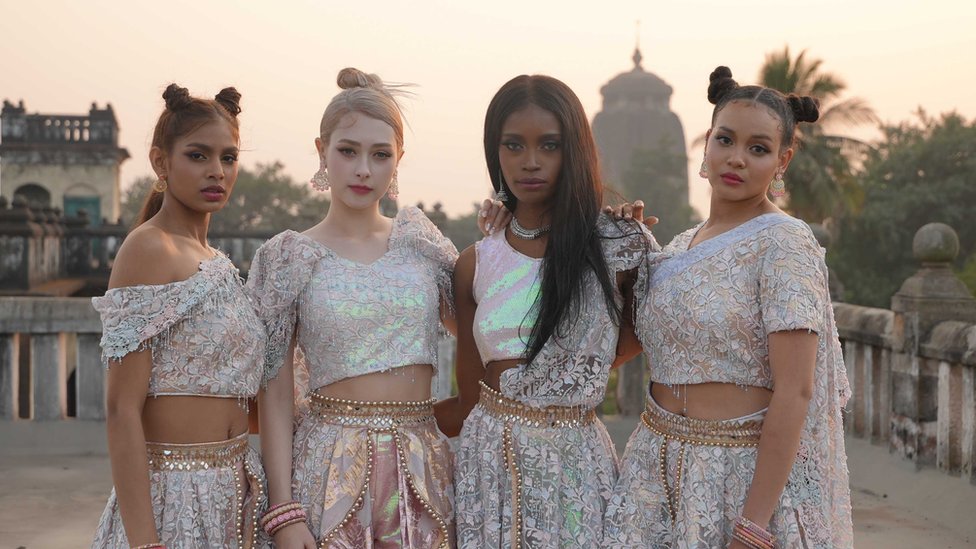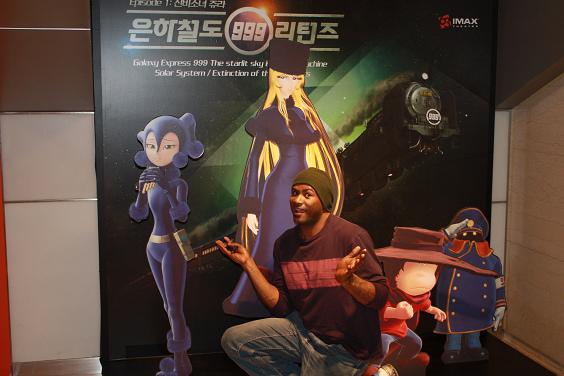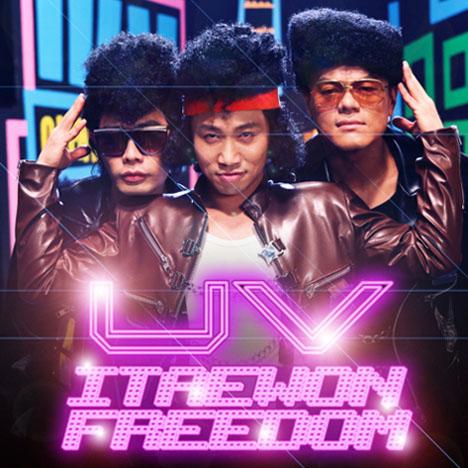In a world where K-Pop has transcended borders and become a global phenomenon, one group stands out for its remarkable journey and unique composition. BLACKSWAN, a multinational girl group formed by DR Music, has taken the K-Pop industry by storm. Comprising members from diverse corners of the world, they are challenging conventions and pushing boundaries in a genre that’s known for its strict traditions. Today we’ll dive deep into the twisting tale of BLACKSWAN, exploring their formation, struggles, cultural impact, and their exciting future in the world of K-Pop.
As the musical beats ring out and they appear on screen, BLACKSWAN’s four members, Fatou, NVee, Gabi, and Sriya, launch into a mesmerizing synchronized dance routine. Adorned in chains and studded clothing, they may seem like your typical K-Pop girl group. But there’s one key difference that sets them apart from the rest: None of them are Korean. Instead, they represent a rich tapestry of cultures, hailing from Senegal, the United States, Brazil, and India.
This diverse lineup challenges the conventional notion of K-Pop, which has historically been dominated by Korean artists. Dominated, yes, but not exclusively so. For example, there are some K-Pop groups that have included foreign members in the past:
Seventeen: Korea, China and the USA
NCT: Korea, China, USA, Japan, Canada
Stray Kids: Korea, Australia
GOT7: Korea, USA, China, Thailand
ENHYPHEN: Korea, USA, Japan, Australia
TXT: Korea, USA
Treasure: Korea, Japan
The Boyz: Korea, Canada
Twice: Korea, Japan, Tawiwan
(G)I-DLE: Korea, China, Taiwan, Thailand
IZ*ONE: Korea, Japan
Cosmic Girls: Korea, China
That’s not even all the groups that have possessed members from other countries which goes to show that like these other groups, BLACKSWAN’s composition is a testament to the genre’s evolving landscape and its ability to transcend geographical boundaries.
BLACKSWAN’s journey to stardom follows the well-trodden path of K-Pop trainees. Each member had a deep-rooted passion for music and performance, nurtured by their love for K-Pop. They embarked on the challenging path of becoming trainees under the tutelage of Korean label DR Music. However, this journey was far from easy.
The competitive nature of the K-Pop industry, coupled with the strict social hierarchy and cultural norms in South Korea, made their training rigorous and demanding. The members had to adapt to life in a foreign country, away from their families, while also navigating the complexities of a foreign language. It was a test of both their talent and resilience.

For some, such hardships might have been insurmountable, leading them to return to their home countries. Many are the tales of fallen idols who either by their own temperament or the forces allied against them have failed to master the rigors of training the K-pop machine demands of its trainees. Some may question whether this training is even necessary as rules about diet, sleeping habits, and even personal dating hold these young people enthrall to their handlers comes across as draconian at best and maniacal at worst. However, this is the way things have been done for so long and by so many that it’s daunting to think any one young trainee has the power to stand up to the great K-pop machine. This is how they do it and if you want to belong each trainee must go along to get along. It’s a process that shapes aspiring musicians into the polished idols that fans around the world adore.
blackswan 2023
- Fatou (파투)
- NVee (앤비)
- Gabi (가비)
- Sriya (스리야)
BLACKSWAN’s emergence as a K-Pop girl group with non-Korean members reflects the evolving face of the genre. K-Pop has exploded in popularity globally over the past decade, with groups like BTS and Blackpink becoming household names. This wave of interest in Korean culture has extended beyond music, encompassing K-dramas, beauty products, and fashion.
This cultural phenomenon has driven many international fans to South Korea, where they immerse themselves in the language and culture. For some, the next logical step is to pursue a career as a K-Pop star, leading to an influx of international talent into the industry.
BLACKSWAN’s music reflects their diverse backgrounds. In their songs, they seamlessly blend Korean with other languages like English and even a touch of Spanish. Their music videos also celebrate their cultural heritage. For instance, the video for their recent single “Karma” was filmed in Sriya’s hometown in India, featuring traditional Indian clothing and imagery.
This approach not only adds a unique flavor to their music but also allows them to represent their respective countries on a global stage. It’s a testament to the power of cultural diversity in enriching the K-Pop landscape.
Of course, BLACKSWAN hasn’t been without its skeptics. Some question their authenticity as a K-Pop group due to the absence of Korean members. Yet, their unique journey and diverse composition have garnered support from Korean fans and artists who see their potential to redefine the genre.

As they continue to face challenges such as language barriers and cultural differences, BLACKSWAN remains committed to pushing boundaries and changing perceptions of what K-Pop can be. Their determination is a reflection of the evolving and inclusive spirit of the genre.
In an industry known for its rigorous training, cultural nuances, and high expectations, BLACKSWAN’s journey stands as a testament to the power of passion and perseverance. Their multinational lineup and willingness to embrace diverse cultures make them trailblazers in the K-Pop world.
As they continue to break barriers, capture hearts, and make their mark in the global K-Pop scene, BLACKSWAN’s future looks promising. They are not just redefining K-Pop; they are forging a new path for the genre, one that celebrates diversity and the universal language of music. The cheers that greet them on stage are a testament to their undeniable talent and their status as true ambassadors of K-Pop’s global appeal.




There would be no k pop without black american music. They weren’t singing like that back in Korea before black american infulence. Just like they weren’t cooking their chicken like that before black american GI’s showed them a new way. In this whole debate of appropriation versus appreciation why does that always get lost? But if some white dude calls a hanbok a mode robe and claims it as his own thats pointed out?
i think it’s more complicated than that.
no lies detected